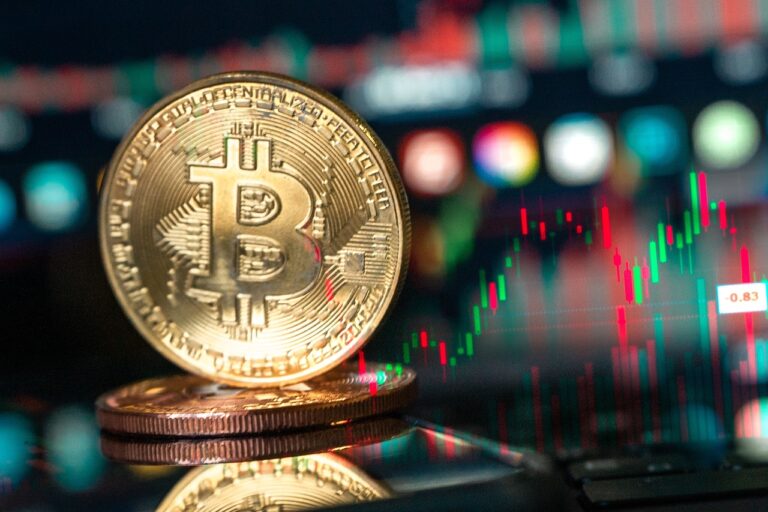- A U.S. appeals court has officially sanctioned the forfeiture of 69,370 Bitcoins linked to the Silk Road dark web market, marking the conclusion of a legal saga that started with the arrest of its founder, Ross Ulbricht, in 2013.
- The U.S. government, now in control of the cryptocurrency, plans to sell the seized Bitcoins, raising concerns in the market about the potential impact on Bitcoin prices.
In a significant development, a U.S. appeals court has officially greenlit the forfeiture of 69,370 Bitcoins and assorted cryptocurrencies linked to the notorious Silk Road dark web market. The ruling, cementing the decision from August 18, 2023, draws a line under a legal saga that commenced with the arrest of Silk Road founder Ross Ulbricht, famously known as “Dread Pirate Roberts,” back in 2013.
Seizure of Silk Road Bitcoins Finalized
The recent filing in the U.S. District Court of Appeals for the Ninth Circuit confirms the judgment, bringing closure to the legal battle. The U.S. government, listed as the plaintiff, seized control of the cryptocurrency after it was surrendered by an enigmatic entity known as “Individual X,” who hacked into Silk Road and commandeered its funds, according to the initial complaint.
In 2020, the U.S. Justice Department initiated the forfeiture process, reclaiming cryptocurrency valued at over $1 billion. Notably, 69,369 Bitcoins were transferred from a wallet address shortly before this action, sparking speculation about the potential impact on Bitcoin prices.
Implications for Bitcoin Market
Market participants are closely monitoring the movements of these seized funds, speculating on the repercussions of a substantial sale by the U.S. government on the price of Bitcoin. This development raises concerns about the possibility of another price dump, considering the substantial value of the forfeited assets.
The Silk Road Case
Ross Ulbricht’s Silk Road, operating from 2011 to 2013, functioned as a clandestine marketplace accessible only through the anonymizing Tor network. It facilitated illicit trades of drugs, weapons, and contraband using the then-emerging cryptocurrency, Bitcoin. The platform’s veil of anonymity attracted millions of users, but it also attracted the attention of law enforcement, leading to Ulbricht’s arrest and conviction in 2015.
While lower courts initially favored the government, Ulbricht’s appeals triggered years of legal battles. The recent ruling by the U.S. Court of Appeals for the Second Circuit definitively settles the matter, upholding the lower court’s decision and finalizing the forfeiture of Bitcoin and other cryptocurrencies, now significantly more valuable due to Bitcoin’s extraordinary price surge.
Ulbricht’s legal team has criticized the forfeiture, arguing that it violated his property rights and set a potentially problematic precedent for the seizure of digital assets without proof of individual wrongdoing. As the U.S. government gears up for the sale of these seized Bitcoins, the crypto community watches closely, wary of potential market repercussions.


















+ There are no comments
Add yours